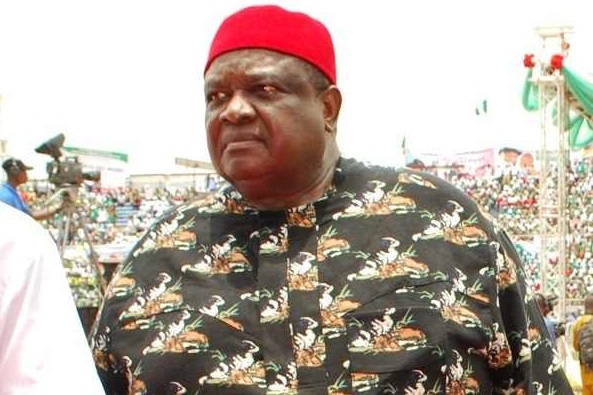ABUJA, Nigeria, July 25, 2024 /ChatnewsTV/ —In a bid to address the escalating malnutrition crisis in northeastern Nigeria, the European Union has announced a vital humanitarian aid package of €100,000, equivalent to over 171 million Nigerian Naira. This assistance, targeted at the most vulnerable populations, will benefit approximately 160,000 individuals in the conflict-affected states of Adamawa, Borno, and Yobe.
The EU’s funding will be channeled through the Nigerian Red Cross to deliver essential services, particularly to malnourished children and pregnant and lactating women. The intervention includes cash grants for mothers and caregivers, enabling them to meet their nutritional needs, as well as educational initiatives like community workshops focused on proper nutrition and feeding practices. Additionally, the program aims to mitigate health risks by distributing water purification tablets and conducting hygiene campaigns to prevent waterborne diseases.
In acknowledging the gravity of the situation, Janez Lenarčič, European Commissioner for Crisis Management, emphasized, “This funding is not just financial aid; it is an act of solidarity. We are committed to supporting the most vulnerable in these challenging times, ensuring that no one is left behind.”
The ongoing conflict and instability in northeastern Nigeria have severely compounded the malnutrition crisis, leaving many, especially children under five, at heightened risk. The EU’s intervention comes at a critical juncture, aiming to provide immediate relief and support the long-term resilience of affected communities.
This initiative is part of a broader EU commitment to global humanitarian aid, underscored by their €8 million humanitarian delegation agreement with the International Federation of Red Cross and Red Crescent Societies (IFRC). This partnership supports the Disaster Response Emergency Fund (DREF), a crucial resource for responding to small-scale disasters that often do not attract widespread international attention.
“Humanitarian aid is about safeguarding human dignity and saving lives. It’s our duty to step in where help is most needed,” Lenarčič added.




